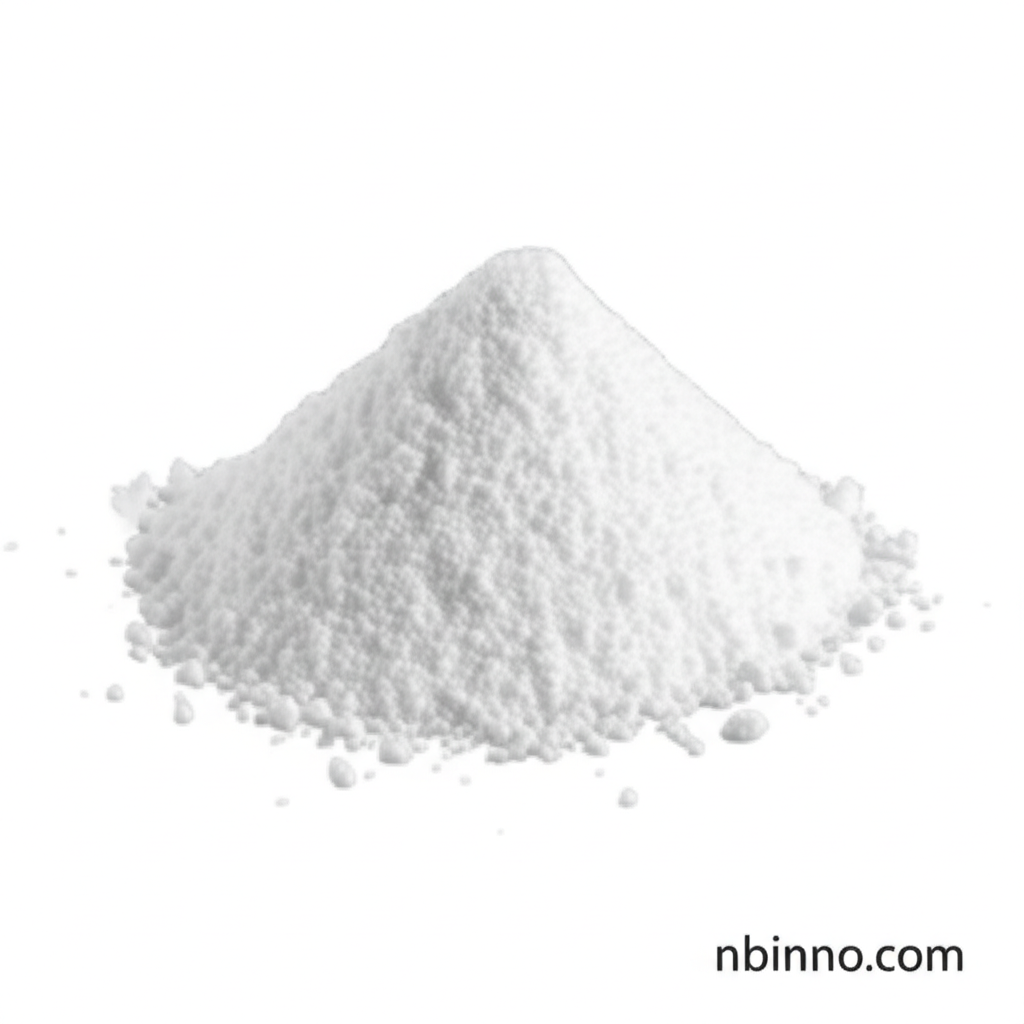Ascomycin CAS 104987-12-4: High-Purity Pharmaceutical Intermediate for Global Manufacturers
As a leading supplier of high-quality pharmaceutical intermediates, we offer Ascomycin (CAS 104987-12-4), also known as Immunomycin or FK520. This compound is crucial for the synthesis of potent immunosuppressive drugs. Discover our competitive pricing and reliable supply chain for your pharmaceutical manufacturing needs.
Get a Quote & SampleYour Trusted Source for High-Quality Ascomycin

Ascomycin (CAS 104987-12-4)
Ascomycin, a vital pharmaceutical intermediate, is meticulously produced through fermentation of Streptomyces hygroscopicus. As a key supplier in China, we ensure exceptional purity (≥99%) and consistent quality for global pharmaceutical manufacturers seeking reliable raw materials. Leverage our manufacturing expertise for your drug development and production.
- High Purity Ascomycin: Sourced with a minimum purity of 99%, ensuring efficacy in pharmaceutical formulations.
- Key Immunosuppressant Precursor: Essential intermediate for synthesizing immunosuppressive agents like pimecrolimus and tacrolimus.
- Reliable Manufacturer Supply: Benefit from a stable supply chain provided by an experienced Chinese manufacturer.
- Competitive Ascomycin Pricing: Secure cost-effective raw materials to optimize your production costs.
Advantages of Partnering with Us for Ascomycin
Uncompromising Quality Control
Our commitment to quality ensures that every batch of Ascomycin meets stringent purity and specification requirements, critical for pharmaceutical applications. We are your trusted supplier for pharmaceutical intermediates.
Expertise in Pharmaceutical Intermediates
Leverage our deep understanding of pharmaceutical manufacturing processes. We offer Ascomycin as a high-value intermediate to support your R&D and production needs. Contact us to buy this crucial compound.
Global Supply Chain Capabilities
As a dedicated exporter from China, we facilitate the global distribution of Ascomycin, ensuring timely delivery to meet international pharmaceutical manufacturing demands. Inquire about our bulk purchase options and pricing.
Applications of Ascomycin in Pharmaceutical Synthesis
Immunosuppressant Drug Synthesis
Ascomycin is a fundamental building block for immunosuppressive medications, vital for preventing transplant rejection and treating autoimmune disorders. We supply this intermediate to manufacturers worldwide.
Anti-inflammatory Therapies
Used in the development of treatments for inflammatory skin conditions like atopic dermatitis and psoriasis, where its selective immunomodulatory effects are beneficial. Purchase high-purity Ascomycin for your formulations.
Research & Development
Essential for pharmaceutical R&D, enabling scientists to explore novel immunosuppressive and anti-inflammatory agents. Find Ascomycin for your research needs from our reliable manufacturing base.
Related Immunophilin Binding
Its mechanism involves binding to immunophilins, which is critical for its therapeutic effects, making it a key compound for understanding and developing new targeted therapies.
